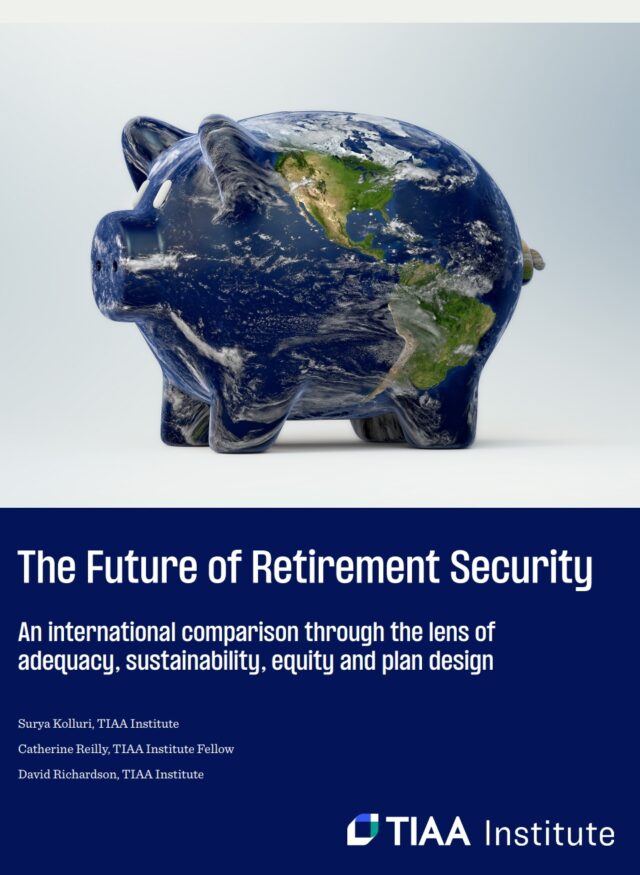The Biggest Challenges Facing Older Americans: Insights from the Aging Advisory Group
Adults aged 50 and older are the fastest-growing age group of those experiencing homelessness, making up nearly half of the single-adult homeless population, which is estimated to triple over the next decade. Older adults are especially vulnerable to becoming homeless, as many live on fixed incomes that are insufficient to cover the cost of housing and other expenses. Aging Advisory Group To address the rapid increase of older adults experiencing homelessness, the National Alliance to End Homelessness, in partnership with the RRF...










